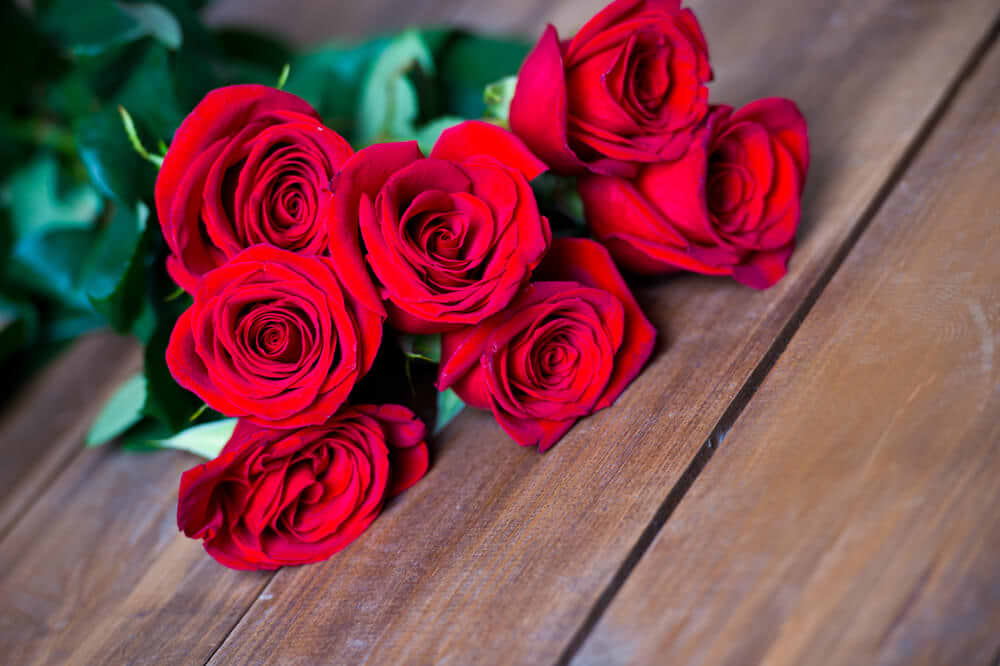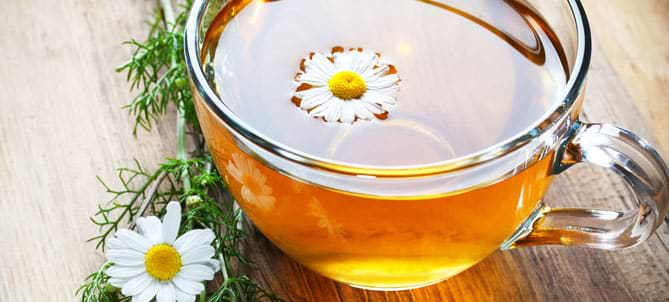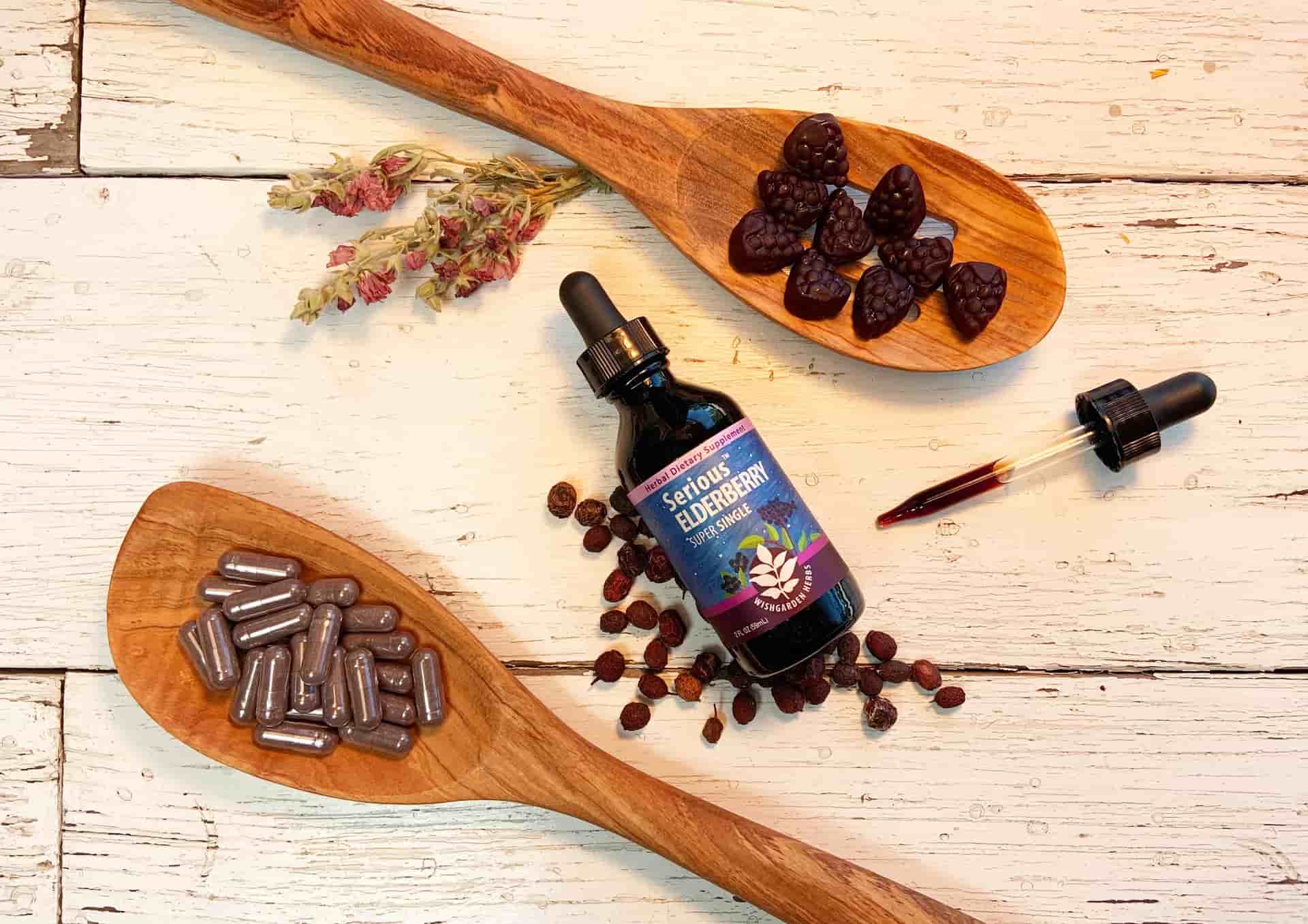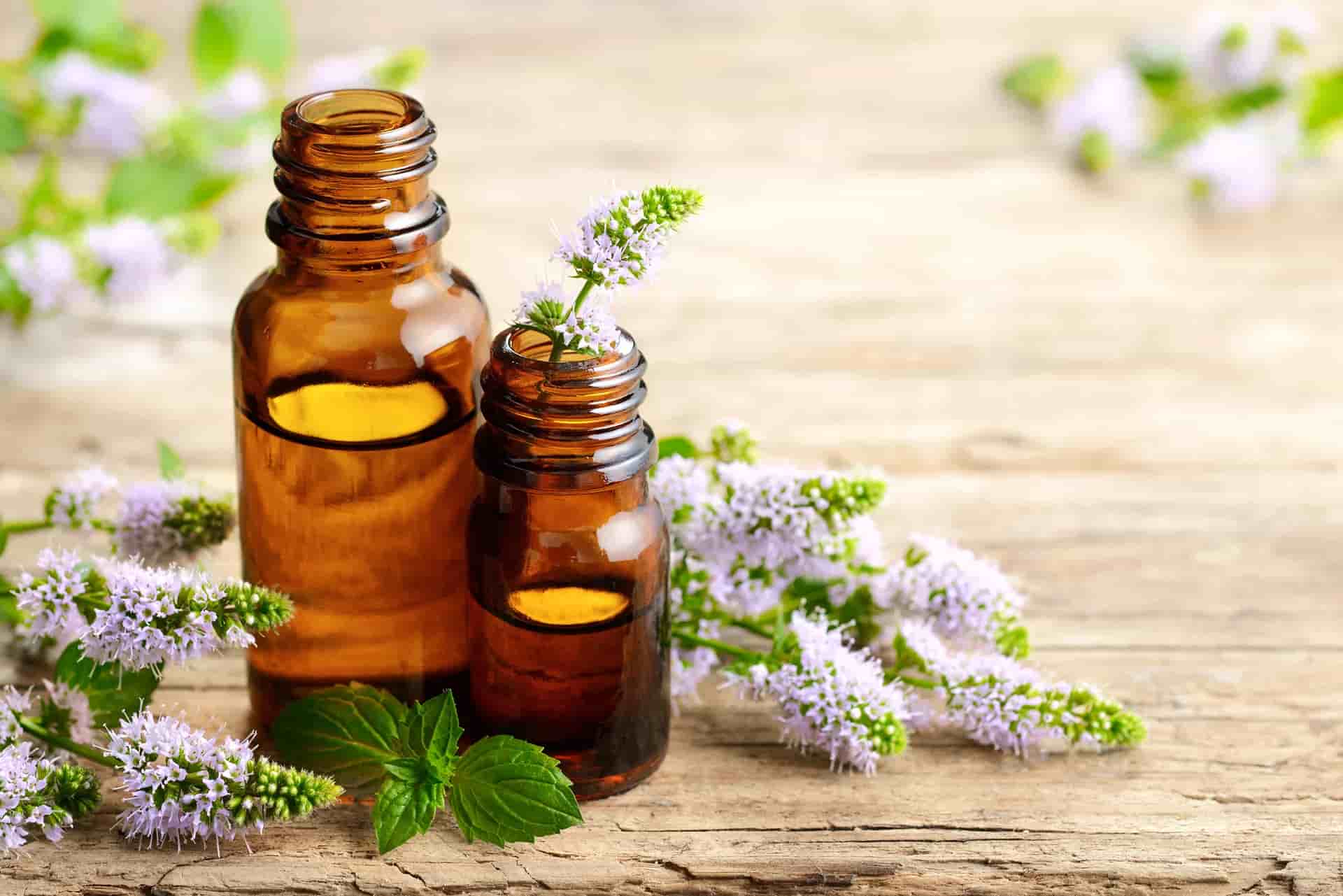You've probably heard many opinions about essential oils this past year. We live in times where we seek alternative, at-home solutions for healthy living. You may have a neighbor or relative who sells essential oils, a friend who can't sleep without their herbal tincture, or a partner you wish would consider natural alternatives.
I get it.
But do you understand the difference between essential oils and herbal liquid extractions, also known as tinctures?
1. Tinctures Are Made from the Whole Plant
Aromatic plants like Peppermint are covered in tiny oil glands. When you crush them (or even brush against them), these glands are broken. This releases the oils and, along with them, the fragrance. Essential oils are the concentrated extract of these pure plant oils and are extracted using a steam distillation process that separates out these pure plant oils from the plant material and water found in the plant (these are known as hydrosols). Essential oils are known as "volatile oils" in herbalism. They represent one, highly concentrated compound of the plant, making them super potent. Because of this, they should always be diluted properly.
Herbal tinctures, on the other hand, contain all parts of the plant. These liquid extracts are how herbs have been consumed for thousands of years. It is an ancient art of extracting herbs with alcohol and the most simple, effective, and natural way to extract plant constituents in a form that is easily absorbed by the body. Tinctures are made from whole herbs (they may be fresh, dried, cut, or powdered) combined with alcohol and water. This allows for the extraction of whole-plant constituents, which in turn means they are fast, effective, and gentle in your body.
2. Tinctures Are Sustainable
Did you know that it takes approximately three pounds of lavender flowers to make just 15 ml of lavender essential oil? While we love including lavender and Rose in our natural beauty routines, it's simply not sustainable to go through three pounds of herbs per month. Essential oils are precious and should be used sparingly and reserved for topical use. The oils diffuse very quickly in order to pass through skin tissue. Just don't forget to dilute them, as pure, undiluted essential oils can cause severe skin reactions.
Very little plant material is needed when hand crafting herbal tinctures or liquid extractions. If you were to follow the traditional folk method of making a tincture, you would fill a small glass jar and cover the plant material with the preferred liquid solvent, eventually straining out the plant material. Further, tinctures capture all the active plant compounds from the plant, therefore offering more medicinal uses from a smaller volume of plant material.

Think of the process like making tea. One cup of lavender tea calls for just one tablespoon of plant material. The hot water will properly extract all constituents from the plant in a safe dilution.
WishGarden Herbs is committed to sustainably sourcing all of our plant materials when hand crafting tinctures. Being mindful of where the plants come from has a positive effect on both the people and plant populations involved in the process.
3. Tinctures Are Safe to Consume
The most important thing to know about essential oils is that they are not safe to consume without medical supervision. Only medical professionals can properly prepare an herbal remedy containing essential oils for your individual body, even when it comes to something as seemingly innocuous as Peppermint oil. Again, essential oils are only one part of the plant and very strong! All essential oils are volatile oils and can cause damage to the hepatic system if ingested improperly — even if a company verifies the quality of the essential oils.
Tinctures, ranging from organic CBD oils from popular brands like Joy Organics all the way to WishGarden's Kick-Ass Immune Activator, are made specifically for internal consumption. WishGarden's staff herbalists make each product from start to finish at our facility in Colorado, using only organic and sustainably wild-harvested herbs to make the safest and most effective herbal extracts.
Honor the Herbs
Staying informed about herbal formulas and different herbal routines can be a game changer in your life. Most importantly, we need to honor the plants that offer medicinal value to our lives and treat them with respect.
Lauren Ann Nichols-Sheffler attended The Colorado School of Clinical Herbalism and received her certificate in medical herbalism. She is the owner of Blue Yarrow Herbs aka Herbal Vice, an herbal product company practicing bioregional herbalism by cultivating plants and sourcing locally. Lauren loves educating and advocating for plant sustainability. She is the sourcing and Purchasing manager for WishGarden Herbs.
For educational purposes only. This information has not been evaluated by the Food and Drug Administration. This information is not intended to diagnose, treat, cure, or prevent any disease, or sell any product.
Recommended Products
Further Reading











